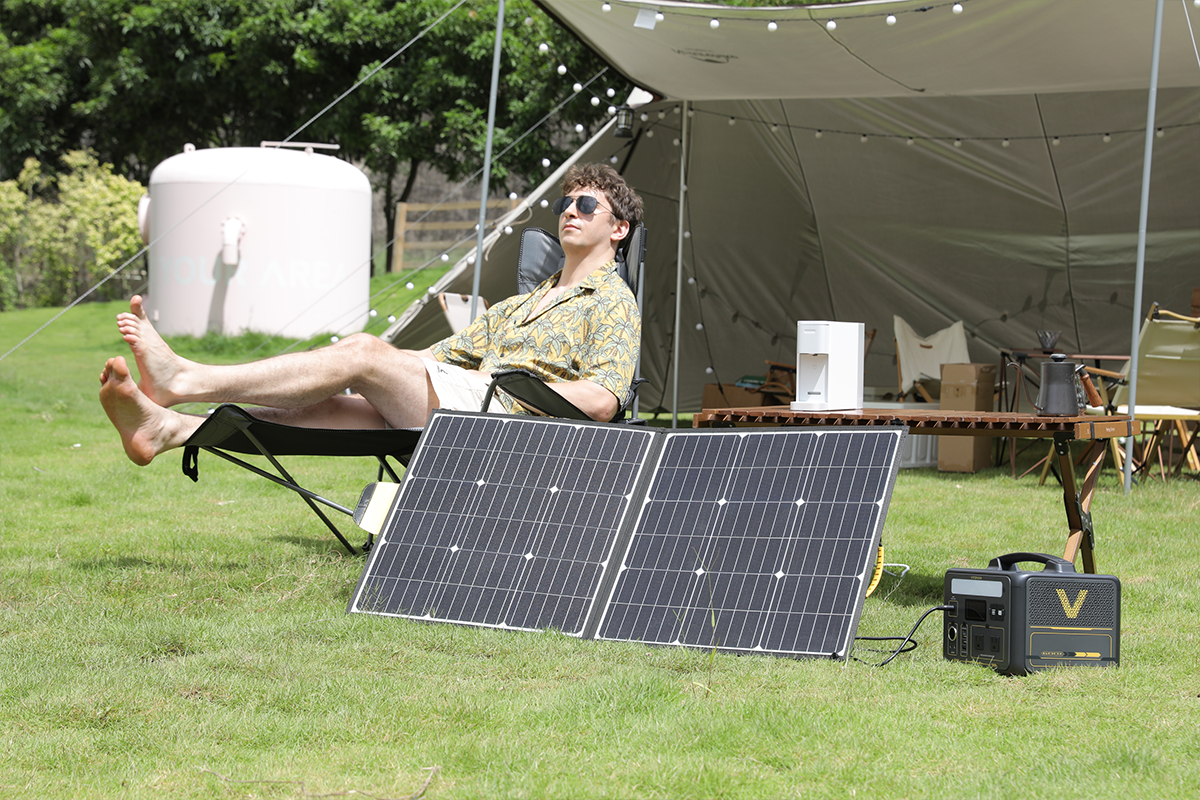When it comes to camping, having a reliable generator can make all the difference in ensuring a comfortable and enjoyable experience. However, finding the right size and wattage for your camping generator needs is crucial for a successful trip. In this article, we will delve into the key considerations for selecting the most suitable generator for your camping adventures.

Understanding Your Power Requirements
Before diving into the world of generators, it's essential to assess your power needs. Consider the electrical appliances and devices you plan to bring along on your camping trip. This may include lighting, cooking equipment, electronic devices, and more. Make a list of the wattage requirements for each item to determine the total power needed.
For example, a camping stove may require 1000 watts, while a smartphone charger may only need 50 watts. By adding up the wattage of all your devices, you can estimate the total power output required from your generator.
Choosing the Right Size Generator
Once you have a clear understanding of your power requirements, it's time to select the appropriate generator size. Generators come in various sizes, ranging from compact portable units to larger, more powerful models. The size of the generator will directly impact its portability and fuel efficiency.
For camping trips that involve minimal power usage, a smaller, portable generator may suffice. These generators are lightweight and easy to transport, making them ideal for outdoor adventures. On the other hand, if your camping needs involve running multiple high-wattage devices simultaneously, a larger generator with a higher wattage capacity would be more suitable.
Assessing Fuel Efficiency
Another crucial factor to consider when selecting a camping generator is its fuel efficiency. Generators can be powered by various fuel sources, including gasoline, propane, and diesel. Each fuel type has its own advantages and drawbacks in terms of availability, cost, and environmental impact.
For instance, gasoline generators are widely available and easy to refuel, but they may produce more emissions compared to propane or diesel generators. Propane generators, on the other hand, are cleaner burning and can be more cost-effective in the long run. Consider the availability of fuel sources at your camping destination and choose a generator that aligns with your environmental preferences and budget.
Considering Noise Levels
While enjoying the great outdoors, it's important to be mindful of the noise levels produced by your camping generator. Some campsites have specific regulations regarding noise, and loud generators can disrupt the tranquility of the natural environment. When selecting a generator, look for models that are designed to operate quietly, especially if you plan to camp in areas with noise restrictions.
Additionally, consider the proximity of your camping neighbors and choose a generator that won't disturb others. Many modern generators are equipped with noise-reducing features to ensure a quieter operation, allowing you to power your campsite without causing a disturbance.
By carefully assessing your power requirements, choosing the right size generator, evaluating fuel efficiency, and considering noise levels, you can find the perfect camping generator to meet your specific needs. Whether you're embarking on a weekend camping trip or an extended outdoor adventure, a reliable generator will provide the power you need to make the most of your time in nature.









